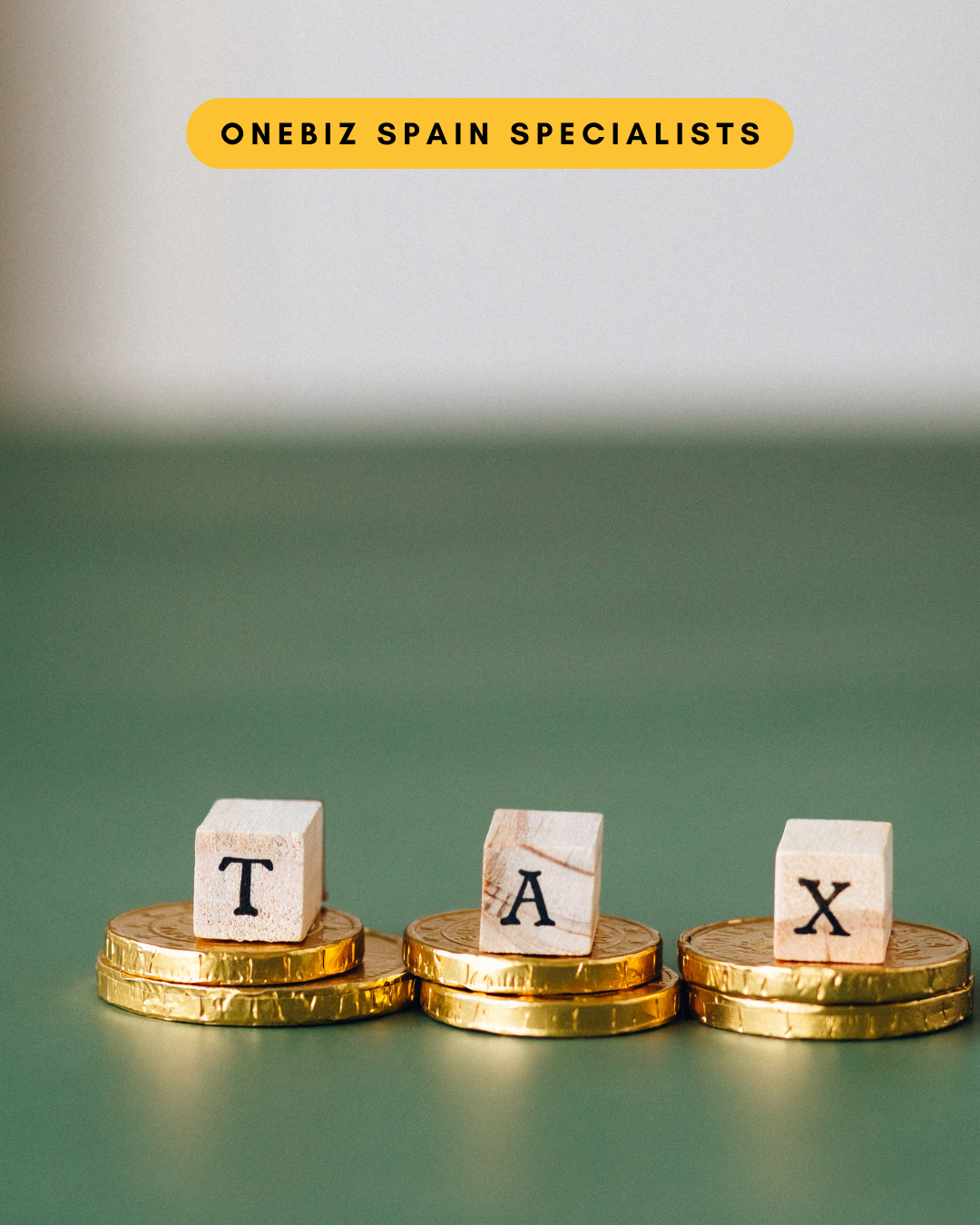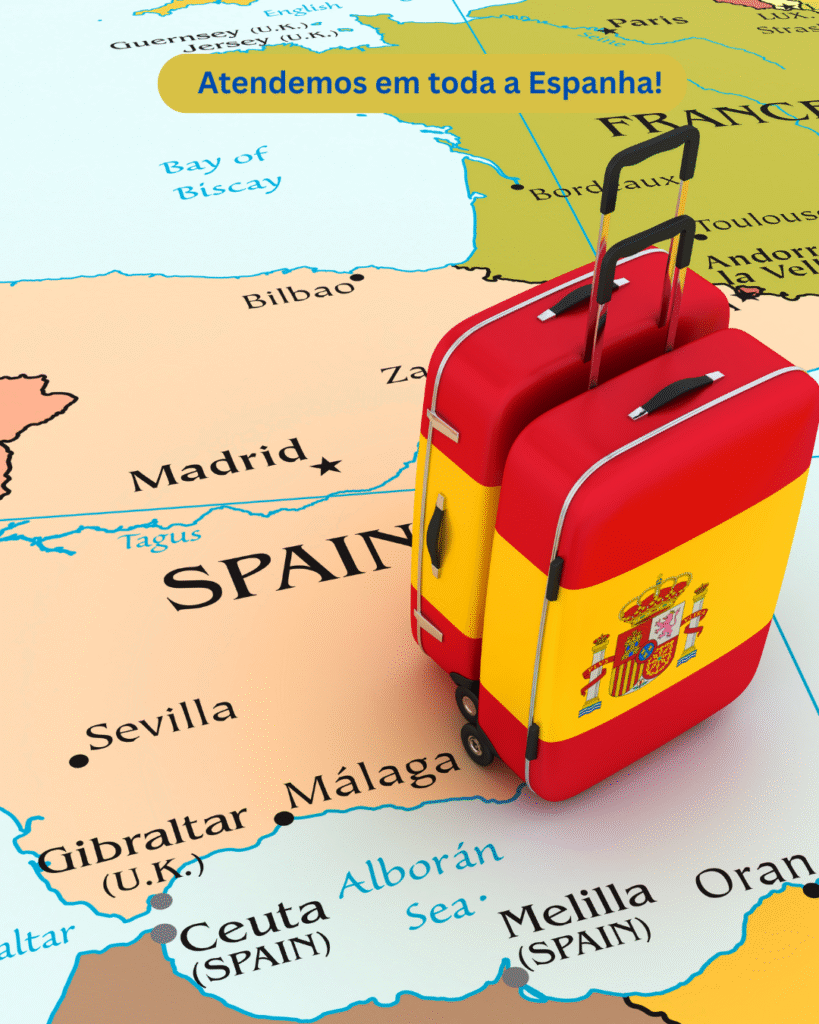Moving to Spain with the Digital Nomad Visa (DNV) is an exciting step — but before you pack your laptop and soak in the Mediterranean vibes, it’s critical to understand what you’ll owe in taxes, what you’ll pay in social security, and how much it really costs to live and work here legally.
In this blog, updated for 2025, we break it all down: tax residency, income tax brackets, autónomo requirements, double taxation treaties, health insurance, and all the financial realities you need to plan for.
What is the Spanish Digital Nomad Visa?
The Digital Nomad Visa (DNV), launched in 2023 under Spain’s Startup Law (Ley 28/2022), allows non-EU remote workers and freelancers to live and work in Spain legally while working for foreign employers or clients. The visa is valid for up to 5 years (1 year initially, renewable for 2 + 2), and offers fast-track residency with tax incentives.
You can apply from your home country or while already in Spain on a tourist visa.
Who Is Eligible for the DNV?
To qualify, you must:
- Be a non-EU national
- Work remotely for a company or clients outside of Spain
- Show proof of at least 3 months of employment or freelance activity
- Have a university degree or 3+ years of professional experience
- Earn at least 200% of the Spanish minimum wage (around €2,646/month in 2025)
- Have private health insurance
- Provide clean criminal record and apostilled documents
Do You Become a Tax Resident in Spain?
Yes — if you stay in Spain for more than 183 days in a calendar year, you become a Spanish tax resident, and must pay taxes here.
Here are your two tax path options:
1. Special Tax Regime (Beckham Law / Régimen de Impatriados)
For DNV holders, Spain offers a special regime where you:
- Pay 24% flat tax on employment income up to €600,000/year
- Applies only to employment income from foreign employers
- Valid for 6 years
- Must apply within 6 months of getting your NIE
Important: This regime does not apply to freelancers/autónomos — only to salaried employees. If you’re a freelancer or self-employed, skip to option 2.
2. Standard Tax Residency Rules
If you’re a freelancer (autónomo) or your employment income isn’t eligible for the Beckham Law, you pay progressive income tax as follows (2025 rates):
| Taxable Income (€) | Tax Rate (%) |
|---|---|
| Up to €12,450 | 19% |
| €12,451 – €20,200 | 24% |
| €20,201 – €35,200 | 30% |
| €35,201 – €60,000 | 37% |
| €60,001 – €300,000 | 45% |
| Over €300,000 | 47% |
⚠️ Autonomous Communities (like Cataluña or Valencia) can apply slightly different rates or surcharges.
What About Social Security Contributions?
If you’re employed by a foreign company, you might be exempt from Spanish social security if your employer keeps you enrolled in your home system (via an A1 certificate or similar).
If you’re freelancing in Spain, you must register as an autónomo and pay into Spanish social security:
Autónomo Monthly Contributions (2025, new tiered system):
| Monthly Income (Net) | Approx. Monthly Contribution |
|---|---|
| < €670 | €230 |
| €670 – €900 | €260 |
| €900 – €1,166 | €275 |
| €1,166 – €1,300 | €291 |
| €1,300 – €1,500 | €294 (base rate) |
| €1,500 – €1,700 | €310+ |
| €1,700+ | Goes up progressively |
💡 New freelancers may be eligible for reduced “tarifa plana” payments (around €80/month for the first 12 months), depending on where you live and your situation.
Other Financial Costs to Consider
Health Insurance
- Mandatory for visa approval.
- Must be full private coverage — no co-pays or exclusions.
- Costs range from €50 to €150/month depending on age and provider.
Banking & Transfers
- Opening a Spanish bank account is essential. Some banks require NIE and proof of address.
- TransferWise (Wise), Revolut and similar platforms can help reduce fees on international income.
VAT (IVA)
- If you invoice Spanish or EU-based clients as an autónomo, you may need to charge and remit 21% VAT.
- VAT registration depends on your business model and client base.
Accounting
- Expect to pay €50–€120/month for an accountant or gestor if you’re self-employed — worth every euro to avoid fines or errors.
Double Taxation: Will You Be Taxed Twice?
Spain has tax treaties with most countries (USA, UK, Canada, Australia, etc.) to avoid double taxation. You may:
- Offset foreign taxes paid
- Claim foreign tax credits
- Declare income but apply exemptions under treaty rules
A good tax advisor will help you file forms like Modelo 149/151 or Modelo 100 correctly and avoid problems.
Summary – Your Financial Checklist for the DNV
✅ Income above €2,646/month (2025)
✅ Apostilled degree or proof of experience
✅ Private health insurance
✅ Apostilled criminal record
✅ Social security payments if self-employed
✅ Income tax declaration (or Beckham Regime if eligible)
✅ Double taxation treaty paperwork
✅ Accountant or gestor to stay compliant
Final Thoughts
Spain’s Digital Nomad Visa offers a real opportunity to live in one of the world’s most beautiful countries while maintaining your remote career — but don’t fall into the trap of ignoring your tax and legal obligations.
At Onebiz Spain Specialists, we help remote workers handle the full process: from visa application to NIE, autónomo registration, health insurance, and tax filings — we’re your team on the ground in Spain.



